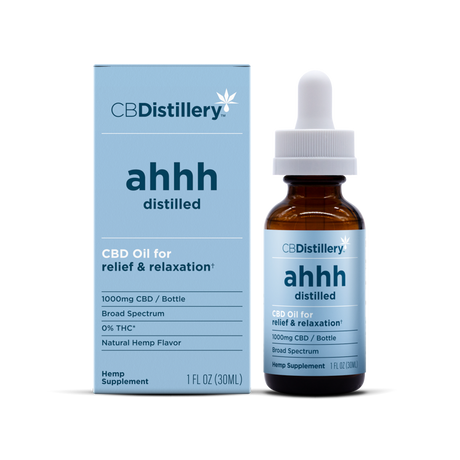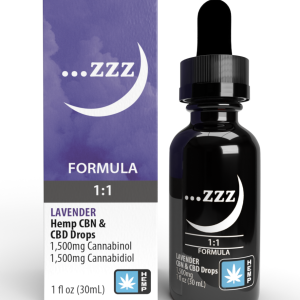CBDistillery CBD Tincture
$42.99
CBDistillery Tinctures are carefully distilled by their expert botanists and rigorously tested for quality assurance. This is a Broad Spectrum formula produced by removing the THC resulting in a high potency CBD tincture that contains trace amount of the other naturally occurring cannabinoids and terpenes. The presence of these other compounds support the “entourage effect.” This effect is the observation that CBD may be more effective in the presence of these other naturally occurring chemicals. This product is one of our best sellers and there are many satisfied CBDistillery customers.
These statements have not been evaluated by the Food and Drug Administration. This product is not intended to diagnose, treat, cure, or prevent any disease.








Reviews
There are no reviews yet.